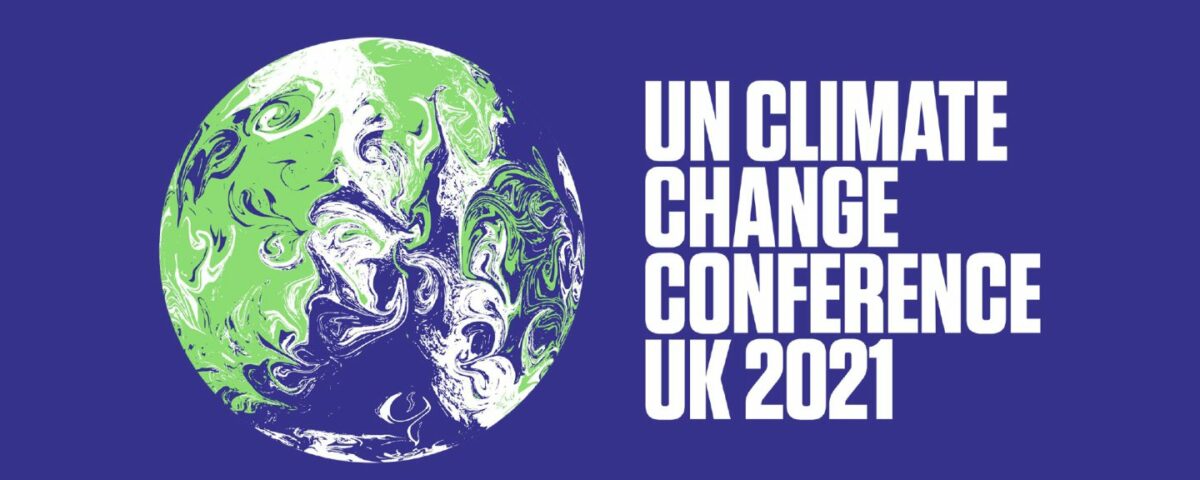By Amy Shepherd, TFIP Global Impact Director
As the world’s eyes turn to the 26th Global Conference of the Parties (COP26) in Glasgow, we call on leaders and decision-makers in politics and industry to focus on the individual human stories behind each big climate change issue.
Stories are how we make sense of the world, and stories are ultimately how we will fix it. Confronting stories of people suffering because of climate change effects powerfully motivate us to take action now. Celebratory stories of resilience and survival against the odds give us hope that seemingly insurmountable obstacles can be overcome. Imaginative stories transporting us into alternative realities and a post-anthropocene age help us envisage a different future trajectory.
To succeed with green economy aims, every sector and person must be involved. Film is a key driver of ideas, visions and truths; one that can make climate obligations undeniable and activism irresistible.
Strategic impact can frame and guide films to maximise the profound effect they can have. While 88% of people changed how they use plastics after watching the final episode of Blue Planet II in 2017, the equitable distribution of that change is not so clear. Strategic socio-political impact for films can put sustainable structures in place that can evolve and grow over time, taking stories on new journeys.
COP26 sets a bold and ambitious climate solution agenda. But the hard work begins and continues away from the spotlight. Stories are what link the podium and the pavement. By wielding the power of story through impact we can keep the much-needed momentum going and really energise a dynamic climate revolution.


